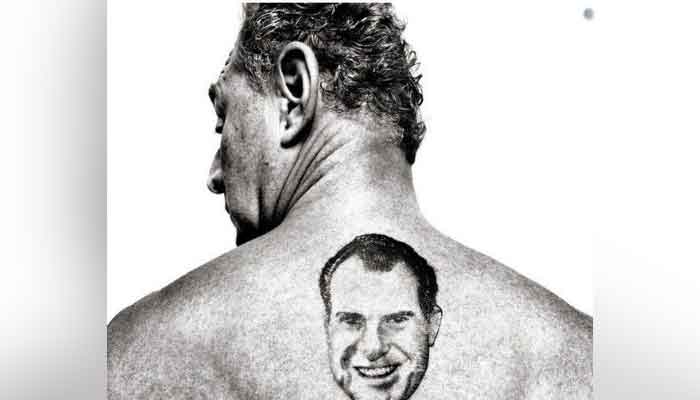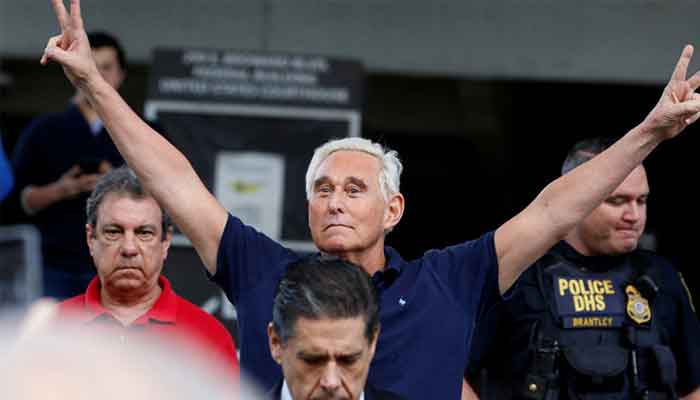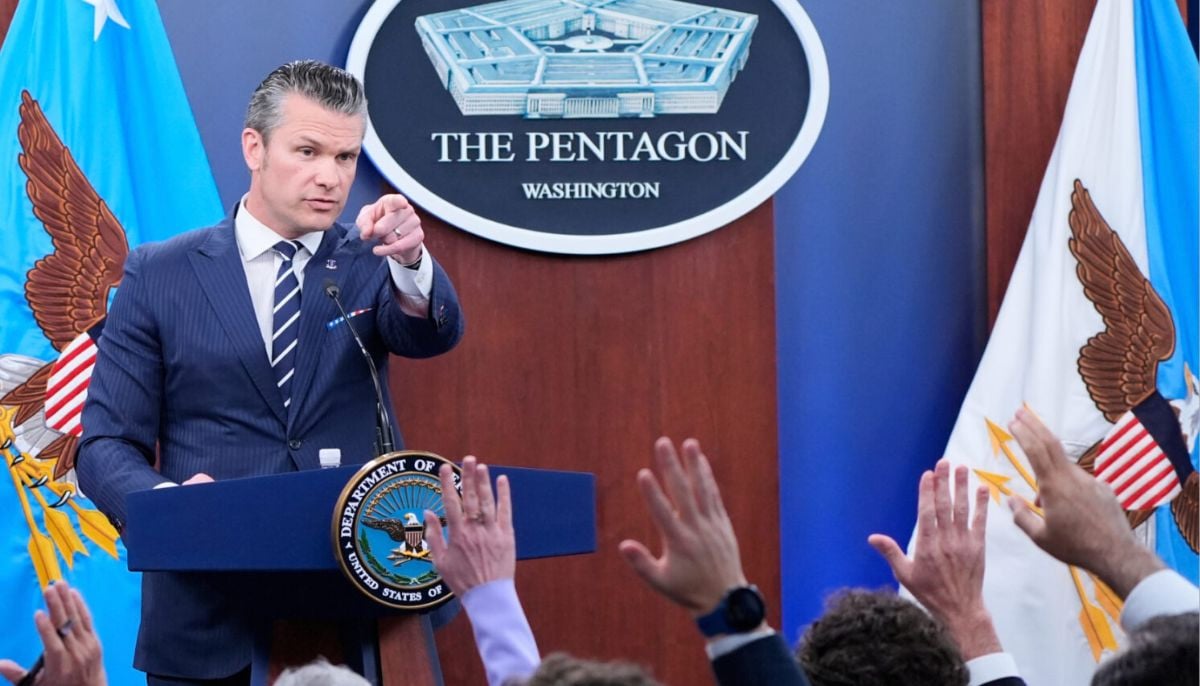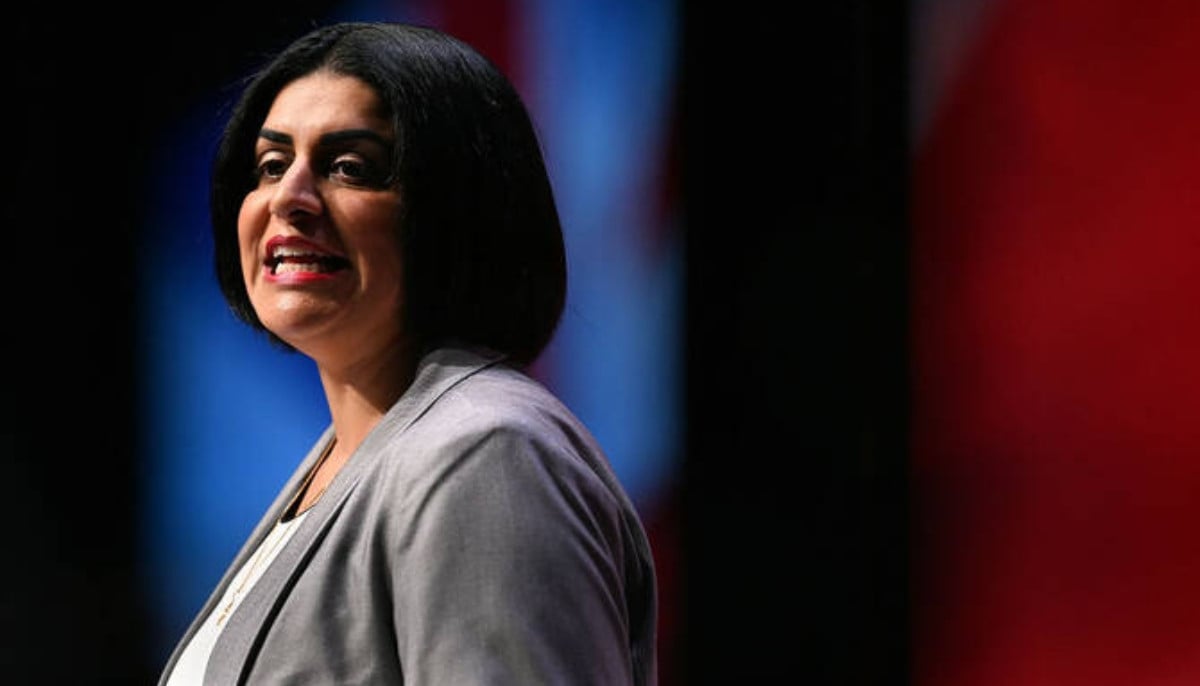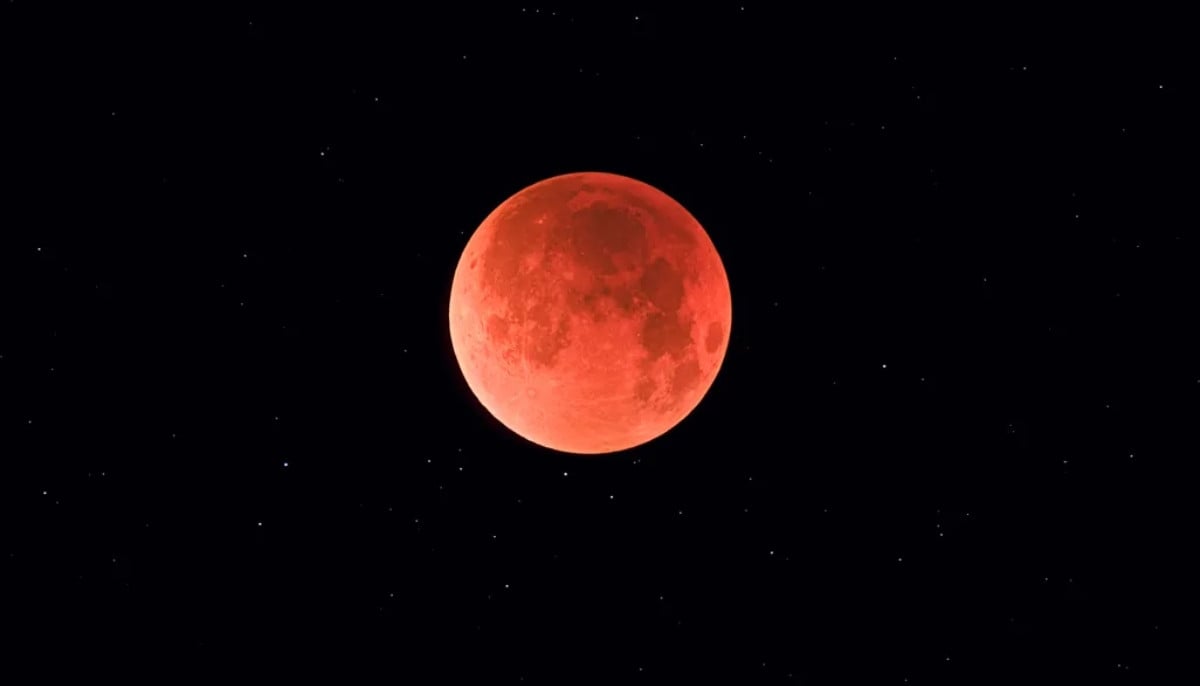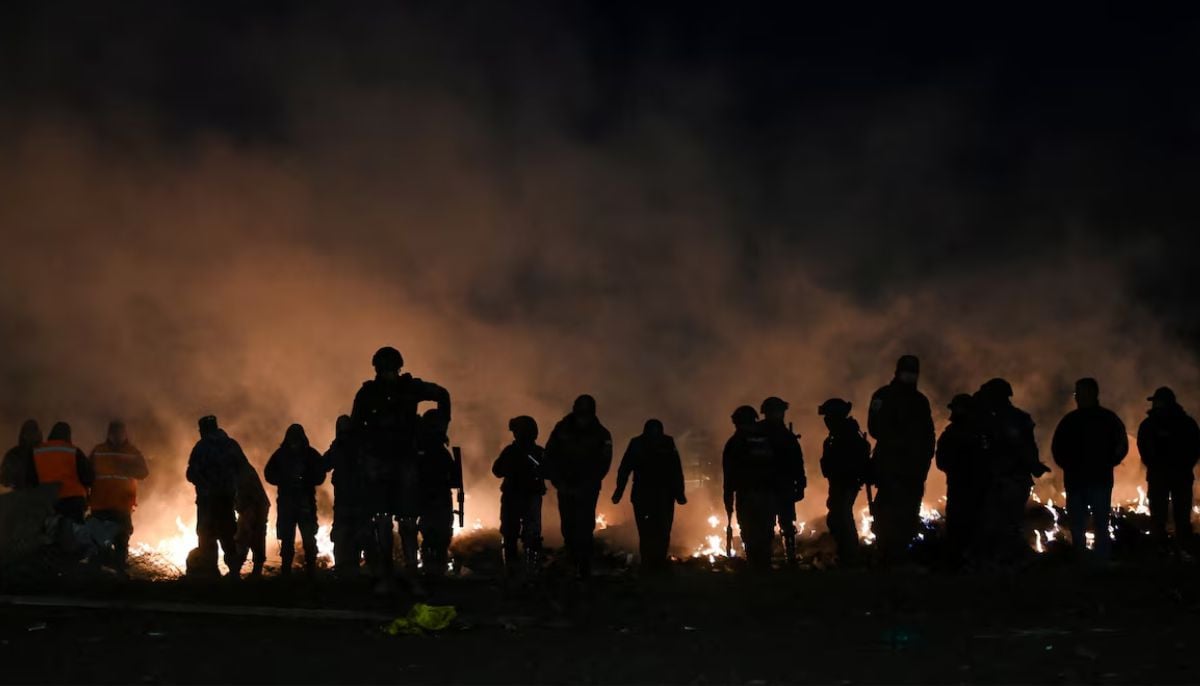Why Roger Stone sports Nixon tattoo?
Richard Milhous Nixon was the 37th President of the United States from 1969 until 1974.
Roger Stone, an American political consultant, author, lobbyist and strategist was arrested on Friday for lying to Congress about his work for Donald Trump´s 2016 presidential campaign.
Stone sports a tattoo of his political hero Richard Nixon between his shoulder blades.
Richard Milhous Nixon was the 37th President of the United States from 1969 until 1974.
Stone quit university to enlist in the reelection effort for Nixon. Earlier, he had volunteered for Republican presidential candidate Barry Goldwater when he was only 12.
Roger Stone also appeared in a 2017 documentary "Get Me Roger Stone," released in 2017.
Roger Stones victory sign outside the court instantly became subject of discussion in the US shortly after his arrest.
As he came out of the federal courthouse in Flordia, Stone raised his arms wide and flashed two V-shaped hand signs to the crowd of journalists and protesters who had gathered for him.
According to Washington Post, these signs had comparisons to Nixon’s gesture as he departed the White House for the final time as president. On Aug. 9, 1974, after the Watergate scandal had forced him to resign.
The Post said Roger Stones has never missed an opportunity to give these v-shaped signs.
“The reason I’m a Nixonite is because of his indestructibility and resilience. He never quit. His whole career was all built around his personal resentment of élitism. ... We had a non-élitist message. We were the party of the workingman!” The Washington Post quoted Roger Stones having once told the New Yorker.
-
Next full moon: How to watch the total lunar eclipse on March 3
-
Silver, gold prices surge amid geopolitical uncertainty after US-Israel attack on Iran
-
Oil price jumps, stocks fall after US and Israel strike Iran
-
Gunman identified after Texas bar shooting leaves 3 dead, 14 injured
-
Deon Cole takes swipe at Nicki Minaj in mock prayer during NAACP Image Awards monologue
-
Belgium seizes suspected Russian shadow fleet tanker
-
Shipping giant Maersk halts Suez Canal, Bab el-Mandeb sailings amid escalating conflict
-
Bolivian military plane crash death toll rises to 20
